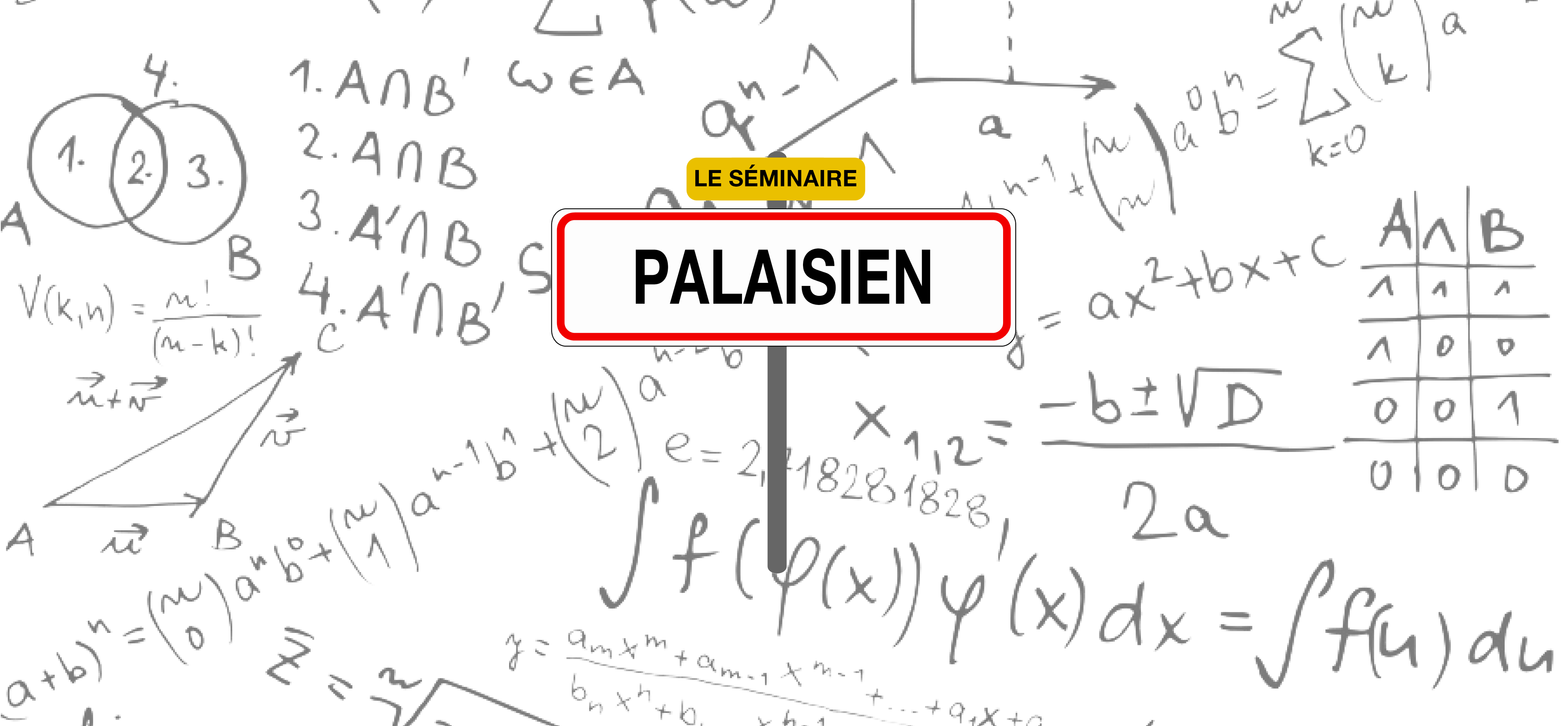Each seminar session is divided into two scientific presentations of 40 minutes each: 30 minutes of presentation and 10 minutes of questions.
Francis Bach and Alexei Grinbaum will host the first back-to-school session in 2023!
Registration is free but mandatory, subject to availability. A buffet will be served at the end of the seminar.
Abstract : Markov chain Monte Carlo (MCMC) is a class of general-purpose algorithms for sampling from unnormalized densities. There are two well-known problems facing MCMC in high dimensions: (i) The distributions of interest are concentrated in pockets separated by large regions with small probability mass, and (ii) The log-concave pockets themselves are typically ill-conditioned. We introduce a framework to tackle these problems using isotropic Gaussian smoothing. We prove one can always decompose sampling from a density (minimal assumptions made on the density) into a sequence of sampling from log-concave conditional densities via accumulation of noisy measurements with equal noise levels. This construction keeps track of a history of samples, making it non-Markovian as a whole, but the history only shows up in the form of an empirical mean, making the memory footprint minimal. We study our sampling algorithm quantitatively using the 2-Wasserstein metric and compare it with various Langevin MCMC algorithms. Joint work with Saeed Saremi and Ji Won Park (https://arxiv.org/abs/2305.19473).
Abstract : This talk intertwines a quick reminder of the most salient open problems in the transformer architecture with a questioning of ethical and societal impacts of large language models. We’ll discuss emergent behaviours in LLMs and their scientific understanding (or lack thereof) as critical phenomena. We’ll dwell on the example of ‘digital whales’ to get a feeling of how much room is available down there in the LLM vector space for non-human use of language. And we’ll conclude by comparing machines that speak our language with non-human entities endowed with the same capacity in myth. What lessons can we draw for generative AI from angels, demons, gods, and oracles?






